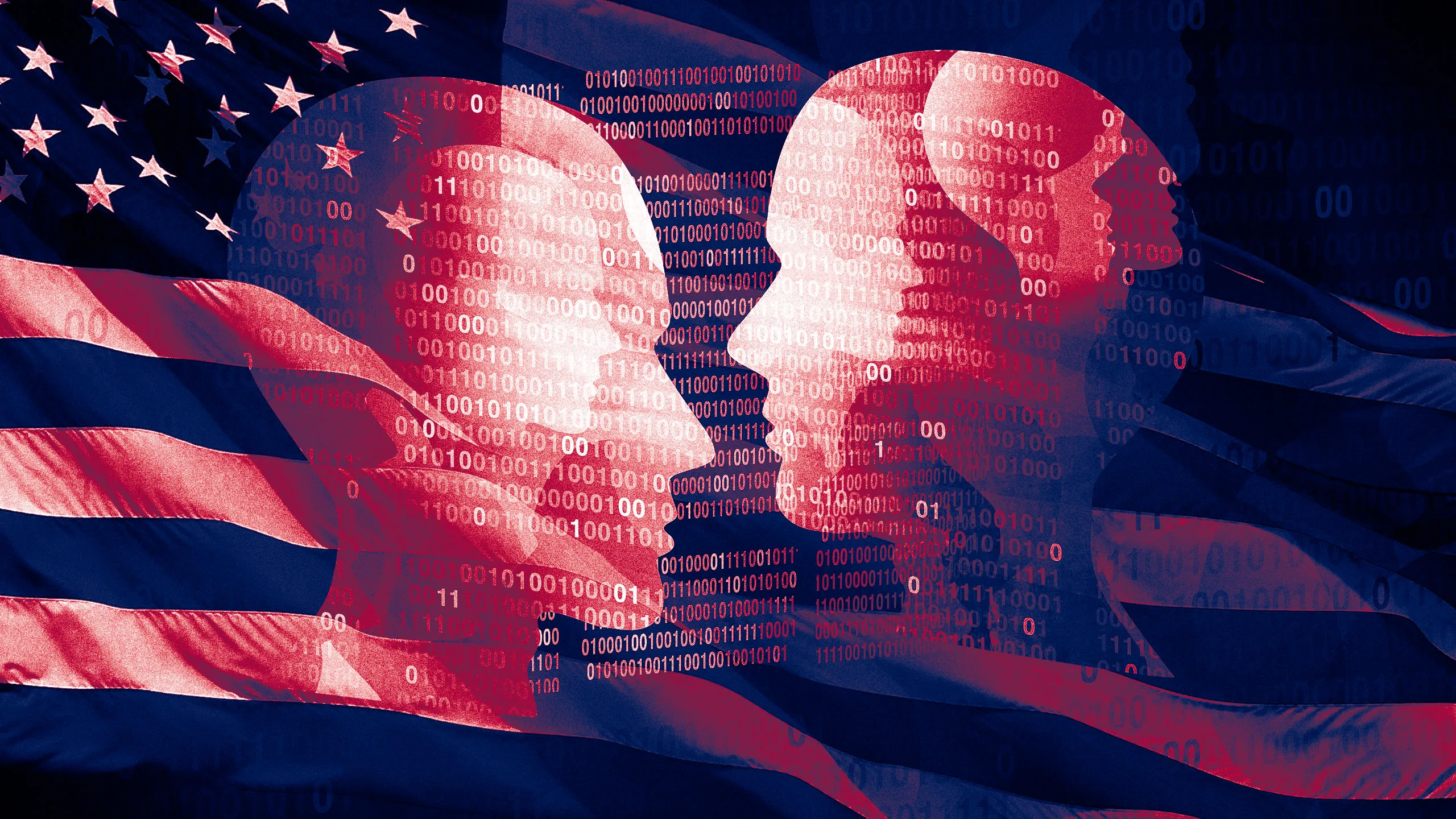Navigating the 2024 Election Landscape: The Role of Artificial Intelligence and Deepfakes in Utah and Texas Politics

Artificial Intelligence and Deepfakes Reshape 2024 Election Dynamics
As the 2024 election approaches, the influences of artificial intelligence and deepfakes become increasingly clear, particularly in states like Utah and Texas. Political figures are confronted not only with misinformation but also with the challenge of deepfake technology that could undermine public trust.
The Disturbing Effects of Deepfake Technology
- Governor Spencer Cox of Utah was subjected to an alarming deepfake that showcased edited video footage as credible news.
- A deepfake advertisement targeting Texas House Speaker Dade Phelan exacerbates the issue of misinformation.
- Local candidates like Adrian Perkins in Louisiana reflect on the broader impacts of deepfake content on elections.
Addressing the Threats Posed by Deepfakes
- Increasing number of states passing regulations on political deepfakes, suggesting an urgent need for reform.
- Calls for a federal bill to hold those responsible for deepfake production accountable.
- Emergence of new tools to help identify and combat deepfake misinformation.
Looking Ahead: The Future of Political Campaigns in a Deepfake Era
The potential for deepfakes to deceive voters heightens as artificial intelligence technologies continue to evolve. While some politicians are leveraging the technology for positive outreach, the looming threat calls for significant awareness and regulatory action.
This article was prepared using information from open sources in accordance with the principles of Ethical Policy. The editorial team is not responsible for absolute accuracy, as it relies on data from the sources referenced.